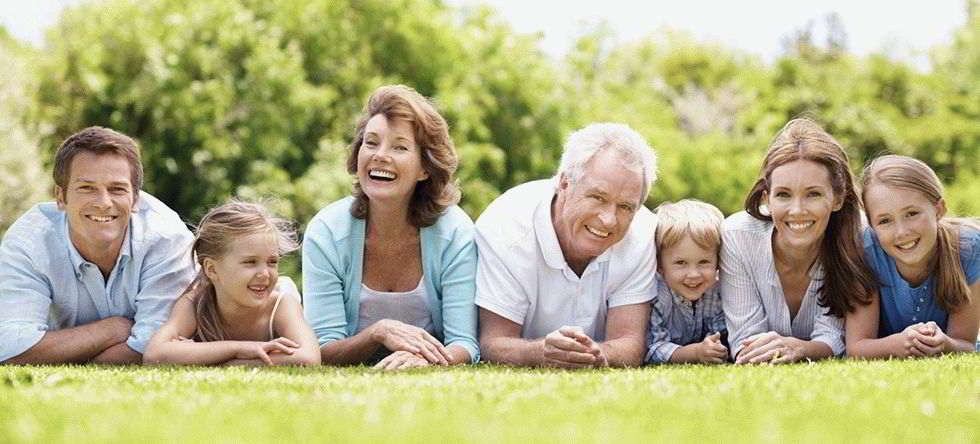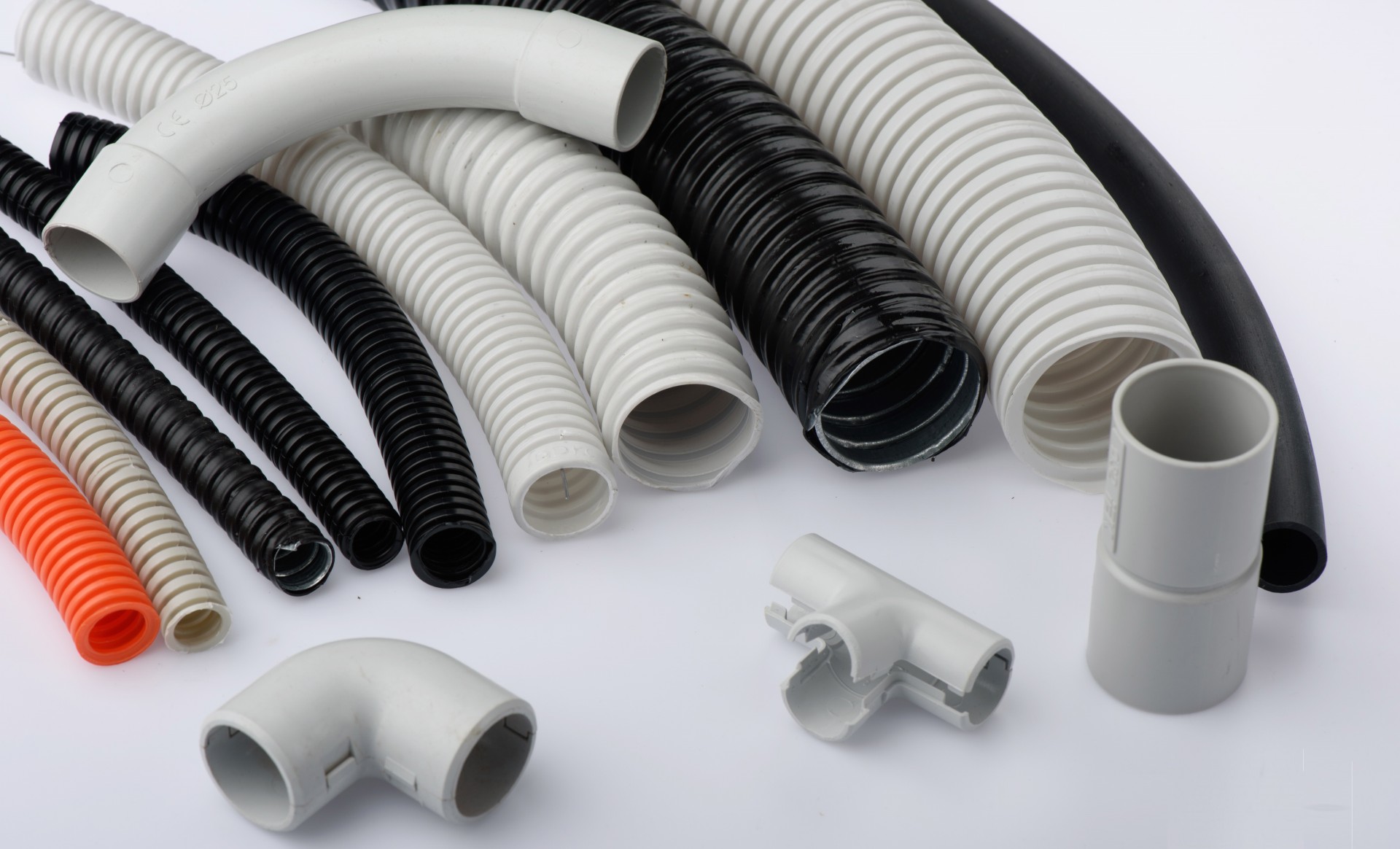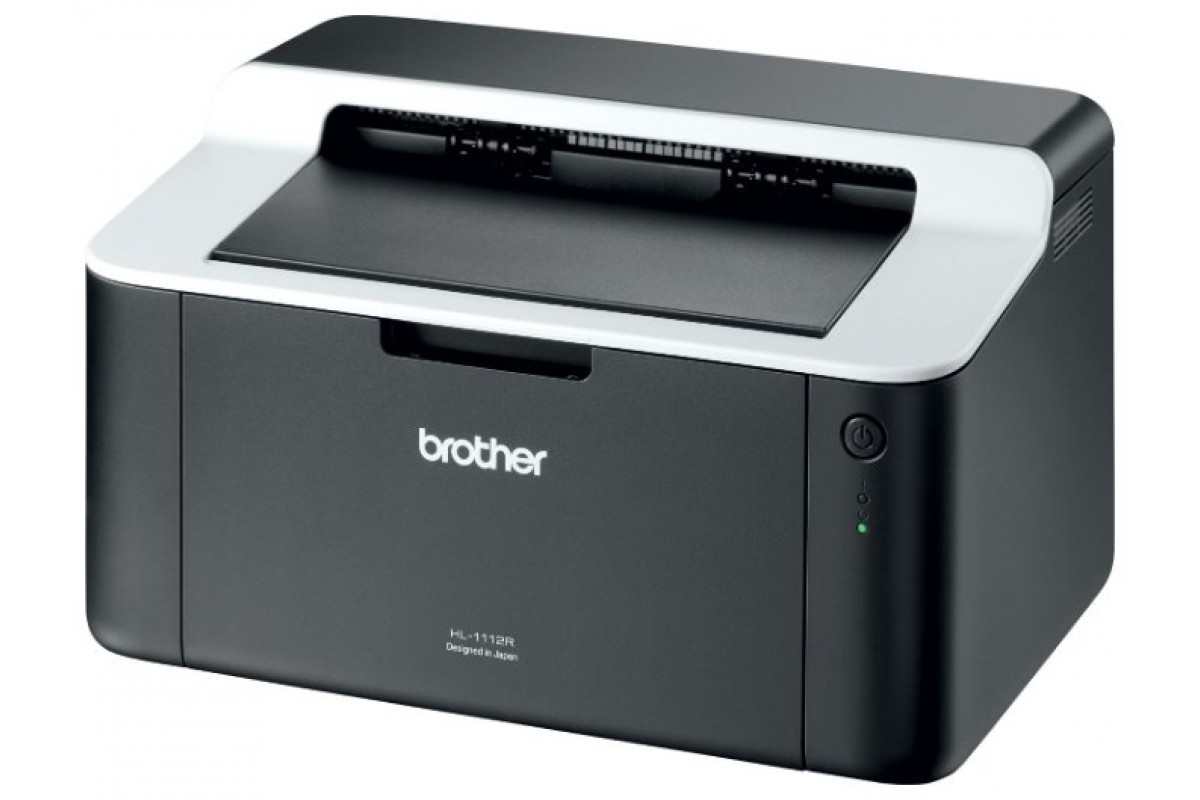Rating of the best rehabilitation centers after a stroke in Yekaterinburg for 2024

A stroke in medicine is called a catastrophic malfunction of blood vessels, causing pathological disorders in the tissues of the brain. Blood stops flowing to brain cells. Because of this, their withering away begins.
There are two types of stroke:
- Ischemic - with it, the vessel is blocked by a thrombus (it accounts for 80% of the total number of strokes);
- Hemorrhagic - the vessel ruptures and hemorrhage occurs.
The disease is so widespread that doctors have even set Stroke Day, which is celebrated all over the world - October 29. Judging by the statistics, stroke is the second largest mortality rate after cancer. In order to minimize all negative consequences and restore a person's ability to work, it is necessary to provide professional medical assistance in the first hours after an attack. No less important is the period of rehabilitation that patients undergo in specialized medical institutions. There are a lot of them, all differ in different sets of recovery measures. In order to understand in more detail the process of rehabilitation in various institutions, you should study the rating of the best rehabilitation centers after a stroke in Yekaterinburg for 2024, understand what treatment methods are used in them and how they differ.

Participants in the recovery process
It is completely in vain to think that the effectiveness of recovery entirely depends on the clinic and the qualifications of the specialists working in it. Not at all. To achieve positive dynamics in the recovery process, not only physicians should be directly involved, but also the patient's relatives and, of course, himself.
Doctors are just pushing the body towards self-healing. Everything else is a long and painstaking work of the patient and his family. Post-stroke therapy can be performed both in private and public clinics in the city.

Rehabilitation stages
The process of returning a patient to a full life is multi-stage. To achieve a quality result, it must include:
- Therapeutic methods of medical recovery;
- Psychological therapy of the patient;
- Recovery in society;
- Complex of pedagogical lessons.
At the same time, an indispensable guarantee of success is the fact that recovery activities should begin as quickly as possible. Their consistency and duration are no less important. One of the most important conditions for success is the attitude towards the recovery of the patient himself and the patience of his relatives, who are ready to support him in this difficult path.
Of course, the results of recovery largely depend on the location of the lesion and its size.This directly affects the body's ability to heal itself, which in turn directly depends on the rate of reorganization of brain cells (neurons).
Medical rehabilitation course
The main goals of the rehabilitation period are:
- Return of lost motor abilities;
- Recovery of speech;
- Prevention of complications from other organs and body systems.
Nootropic drugs (medications that stimulate the activity of the central nervous system, improve memory functions and increase learning abilities) are recommended for patients throughout the entire recovery period. They are taken in courses with short breaks. This group of medicines allows doctors to achieve restoration of speech and elimination of mental problems.

Some patients recovering from an attack are diagnosed with depression. In especially difficult cases, antidepressant medications are added to psychological therapy. For the correct selection of the drug, a narrowly specialized specialist is needed.
In parallel with this therapy, patients are prescribed medications to ensure the full functioning of the cardiovascular system, lungs and other organs.
Physical rehabilitation goals
One of the main tasks of therapy after an attack is to eliminate pathologies of motor functions. The basis after stroke rehabilitation is kinesitherapy (exercise therapy). This is due to the fact that in 80% of cases, the condition of patients after a stroke is accompanied by the presence of paresis and paralysis, impaired coordination. The main goals of kinesiotherapy are:
- Absolute or partial normalization of musculoskeletal functions;
- Establishing skills to serve oneself;
- Setting up a balanced balance.
Passive and active kinesiotherapy should be performed exclusively by highly qualified instructors. To achieve the maximum effect, the therapy should be supplemented with hardware electrical stimulation of all muscle groups.
Biofeedback promotes patient participation in therapy. To a greater extent, this applies to cases of ischemic stroke.
From the earliest days, relatives caring for the patient or hired medical personnel begin to help him with passive exercises. Their essence lies in the fact that, with outside help, help the patient work out the full range of all movements of body parts that have suffered after a stroke.
Passive exercises are especially relevant when restoring the functioning of the arms and legs. The fact of the psychological impact of these exercises on patients is also interesting. With their help, patients feel positive dynamics in the shortest possible time, which becomes an additional incentive for the further recovery of patients and their recovery. The effect can only be consolidated with the help of persistent and regular work.
The gradual disappearance of paresis and paralysis provides patients with the opportunity to independently perform such manipulations as:
- Shaving;
- Working with scissors;
- Sewing (work with a needle and thread).
Then the patient starts to get out of bed and walk with a stick. And, if at first he needs outside help for this, then over time he copes with everything quite independently.
Speech rehabilitation
Pathological reproduction instead of full speech of an inarticulate set of sounds and impaired perception of the speech of others occurs after an attack in almost 30% of patients. Here we need professional actions in which they take part:
- Speech therapists-aphasiologists;
- Neuropsychologists.
They transfer the methods of rehabilitation to relatives and friends of patients, at the same time advising them on the fact that the patient understands them perfectly (many relatives thought that a person after a stroke was not at all able to adequately perceive reality).In order for the classes to be as effective as possible, it is necessary to use a whole range of proven exercises.

Psychological and social rehabilitation
Recovery in society and psychological techniques that eliminate the negative psychological consequences of prolonged immobilization:
- Memorization and perception disorders;
- The problems of understanding the world around.
The most important thing at this stage is to create a psychological microclimate for a person where he will not feel his inferiority, maintain an optimistic attitude and instill in the patient a desire for recovery. In some cases, hypnotherapy is used for this.
Social rehabilitation includes the formation of a new personality, taking into account the selection of a job that would not only be within the power of the patient, but also give him moral satisfaction. The patient gets used to his new opportunities and position. In order to choose the most suitable rehabilitation center for your relative, you should familiarize yourself with the most famous of them.
ANO "Ural Center for Complex Rehabilitation"
For the comprehensive rehabilitation of the consequences of a stroke, the clinic brings together the best specialists in their field. Patients are helped by:
- Neuropsychology;
- Clinical Psychologists;
- Masseurs;
- Masters of Adaptive Physical Education;
- Speech therapists-aphasiologists.
Each of these narrowly specialized specialists plays an important role in the complex of measures to restore the normal life of a person who has suffered a stroke.
The neuropsychologist is supposed to consider the personal psychological characteristics of the patient, which, in turn, are responsible for:
- Communication and training;
- Professional activity;
- Mood and behavior.
The doctor will facilitate the task of establishing the relationship between disturbances in the brain and the daily functioning of the body for the patient and his loved ones.

Consulting a clinical psychologist aims to create a new scenario for life after a stroke. This is achieved in several ways:
- Skills of free expression of feelings and emotions;
- Constructive expression of feelings and emotions;
- Teaching the methods of self-regulation of the patient and his relatives.
The tasks of the masseur are:
- Correction of pain sensations;
- Control of motor activity;
- Providing general body sensitivity;
- Improving blood supply.
The master of adaptive physical culture is engaged in improving physical adaptation. In especially difficult cases, such specialists can be involved in the rehabilitation process as:
- Therapist;
- Clinical pharmacologist;
- Psychiatrist;
- Nutritionist;
- Neurologist.
All doctors of the clinic are specialists of the highest category. Among them there are candidates and doctors of sciences (medical and psychological).
The "Center for Complex Rehabilitation" is located at Yekaterinburg, st. 8 March 194. You can make an appointment with a specialist or get additional advice by calling ☎ +7 (343) 380 25 70.
- Full range of rehabilitation services;
- Highly qualified staff;
- High chances of full recovery.
- Quite high cost of treatment;
- Large write queue.
Regional center for the rehabilitation of disabled people
In the regional center, which deals with the rehabilitation of disabled people, there is a separate complex of rehabilitation measures aimed at the complete cure of patients after a stroke. It includes:
- Drug treatment;
- Help from neuropsychologists, clinical psychologists, speech therapists and massage therapists.
But, not everyone can get treatment in this center. Treatment may be denied if:
- When providing an incomplete package of documents or their complete absence;
- If there are medical contraindications to treatment at the center;
- The institution is not listed in the Individual Social Services Program.
The Center is located at st. Belinsky, 173a. You can make an appointment with specialists by calling the phone number ☎ +7 343 270-88-19. Preliminary registration is conducted on the website ocri.ru.
- Free form of treatment;
- Highly qualified staff.
- Rehabilitation queue;
- Paperwork;
- Not everyone can get to the center.
Brain Institute Clinic
Rehabilitation after a stroke in the Clinic of the Institute of the Brain is carried out in a 40-bed inpatient department located in a picturesque suburb of Yekaterinburg (Berezovsky village, Shilovskaya street 28-6).

Dysfunction of brain cells causes pathological disorders throughout the body. Therefore, rehabilitation measures after a stroke are no less important than stopping an attack or preventing it.
The set of exercises in the Rehabilitation Center at the Clinical Institute of the Brain is developed purely individually, taking into account the needs of each patient individually. This allows achieving obvious positive dynamics in the shortest possible time.
The Center has developed complex multi-stage restoration processes, the implementation of which at each stage is controlled by highly qualified specialists. First of all, doctors pay attention to the restoration of motor and speech functions.
In some cases, it takes a long period of time to restore the full functioning of the body. Correct recovery requires:
- So that recovery activities are started as quickly as possible;
- Therapy should be started even during the relief of the attack;
- Obligatory participation of the patient's relatives and himself.
Recovery of motor functions
To restore physical activity in the Recovery Center of the Clinic of the Institute of the Brain, the following methods are used:
- Kinesotherapy (physiotherapy exercises);
- Development of the affected limbs;
- Apparatus procedures;
- Electrical stimulation;
- Magnetic stimulation of the affected areas of the brain.
The complex of such measures is that mobility gradually returns to the victim's limbs. First of all, after stroke therapy, doctors prescribe massages and passive gymnastics (with this set of exercises, the patient's limbs are moved by doctors or relatives instead). With each new lesson, the load gradually increases.
Recovery of speech
Restoration of the ability to speak is an important task of physicians - rehabilitation therapists. This set of activities also includes the restoration of skills such as writing, reading and counting. In most cases, after a stroke, they are lost along with the ability to talk.
To restore speech, the patient at the Center will have classes with:
- Neuropsychologists;
- Speech therapists - aphasiologists.
To achieve a positive result in the shortest possible time, patients will also have to perform independent tasks, the complex of which will be selected by the clinic's specialists.
This medical institution is located at Berezovsky, st. Shilovskaya 28-B. You can make an appointment by calling ☎ + 7 343 379-04-60.
- Full range of services for recovery after a stroke;
- Highly qualified staff;
- Modern equipment.
- The cost of treatment is quite high.
Experienced certified doctors and individually developed treatment programs allow to restore the motor and speech abilities of patients as efficiently as possible, returning them to a full life as soon as possible.
new entries
Categories
Useful
Popular articles
-

Top rating of the best and inexpensive scooters up to 50 cubic meters in 2024
Views: 97661 -

Rating of the best materials for noise insulation for an apartment in 2024
Views: 95022 -

Rating of cheap analogues of expensive medicines for flu and colds for 2024
Views: 91751 -

The best men's running shoes in 2024
Views: 87681 -

Top ranking of the best smartwatches 2024 - price-quality
Views: 85091 -

Best Complex Vitamins in 2024
Views: 84801 -

The best dye for gray hair - 2024 top ranking
Views: 82406 -

Rating of the best wood paints for interior use in 2024
Views: 77202 -

Ranking of the best action cameras from China in 2024
Views: 75269 -

Rating of the best spinning reels in 2024
Views: 74827 -

The most effective calcium supplements for adults and children in 2024
Views: 72462 -

Top rating of the best in 2024 means for male potency with a description
Views: 68296









